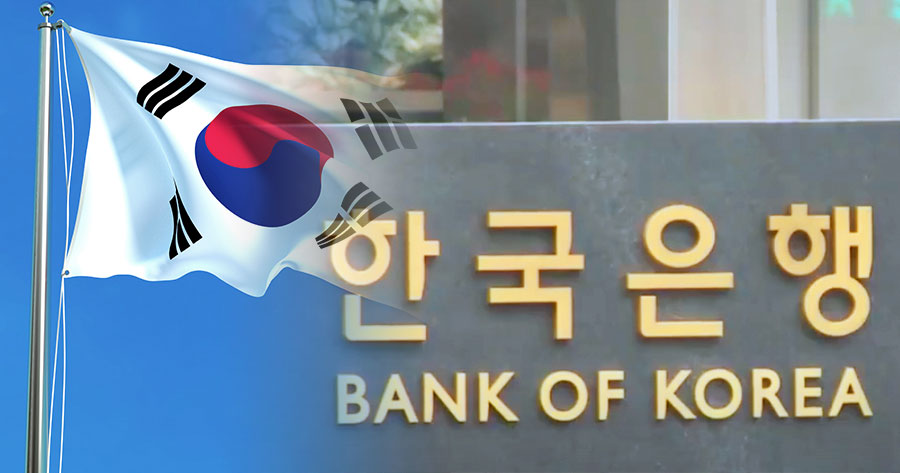The Bank of Korea (BOK) has reduced its benchmark interest rate by 25 basis points to 3.25%, marking the first rate cut by the central bank since the Federal Reserve began tightening monetary policy in March 2022. The rate adjustment aligns with the expectations of economists surveyed by Reuters.
This decision follows South Korea’s inflation rate dropping to 1.6% in September, significantly below the BOK’s 2% target. The BOK highlighted that inflation has been showing signs of stabilization, with a slowdown in household debt growth and reduced risks in the foreign exchange market.
The BOK’s shift in monetary policy comes after a series of rate hikes that began in August 2021, totaling 300 basis points to a peak of 3.5% in January 2023. The country experienced a surge in inflation, peaking at 6.3% in July 2022, the highest in over two decades.
Park Seok Gil, JPMorgan’s chief Korea economist, views this rate cut as the start of a broader easing cycle rather than a response to weak domestic demand.
Meanwhile, Morgan Stanley’s chief Korea economist, Kathleen Oh, also anticipated the rate cuts, citing favorable macro conditions and a subdued inflationary environment, and projected that after the 25-point cut in October, three subsequent quarterly cuts could follow, eventually bringing the BOK’s benchmark interest rate to 2.5%.





